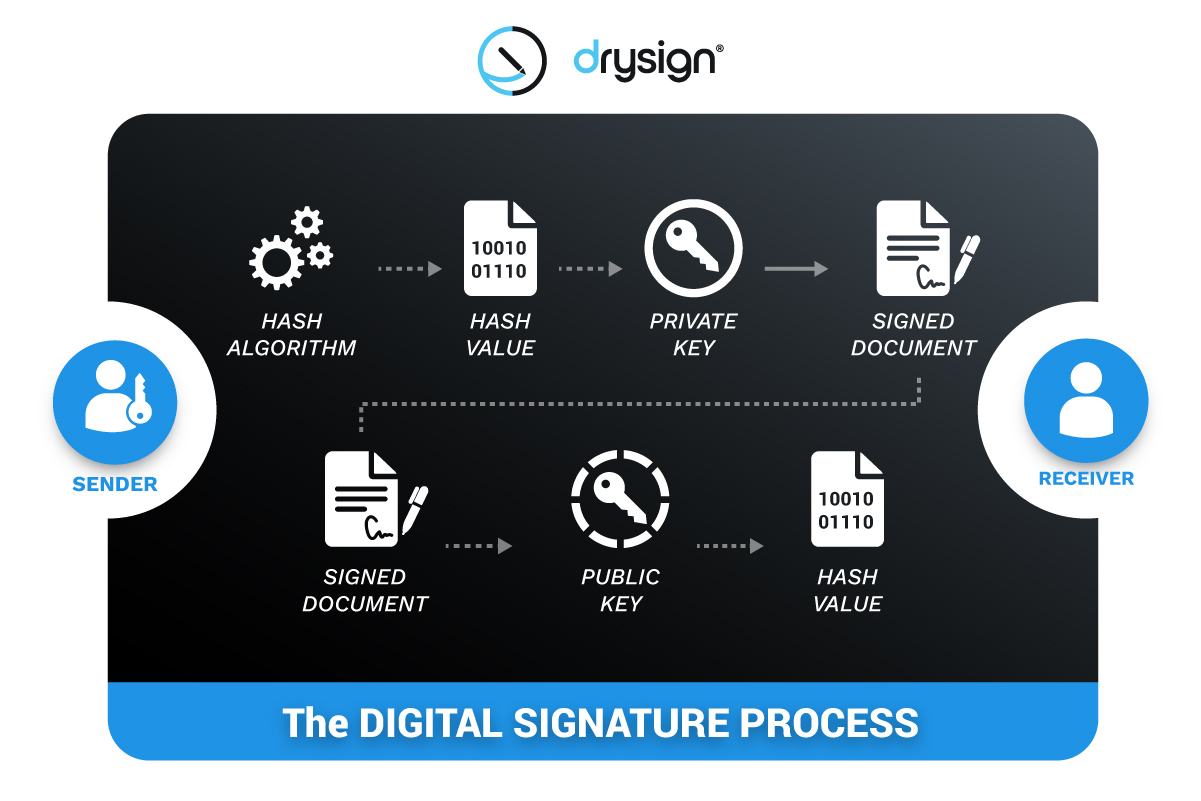
Guide to using digital signatures legally in the Philippines!
If you are reading this blog, you may know what a Digital Signature is, but do we really know the extent of the transformation it can bring to your business and other document-related processes?
According to a research survey conducted by airSlate, more than 50% of businesses switched to Electronic Signatures, whereas more than 30% of individuals moved to an electronic signature platform. An interesting statistic to note here is that even with such large numbers, more than half of the surveyed businesses had serious concerns over the security, privacy, and legality of electronic signatures.
In response to these concerns, let us first learn what an electronic signature means and how exactly does it work?
In the Philippines, Electronic Signatures are legally recognized and provided for in the Republic Act No. 8792 and the Electronic Commerce Act of 2000 (the “E-Commerce Act”). The E-Commerce Act defines them as “any distinctive mark, characteristic and/or sound in electronic form, representing the identity of a person and attached to or logically associated with the electronic data message or electronic document or any methodology or procedures employed or adopted by a person and executed or adopted by such person with the intention of authenticating or approving an electronic data message or electronic document.”
It is of essence to note that while Electronic Signatures prove who signed what, solidifying the intent and consent, the term ‘Digital Signatures’ refers to the encryption technology that supports Electronic Signatures.
The E-Commerce Act was designed to create electronic contracting that was legally enforceable and was intended to settle legal doubts about whether electronic types of contracting were lawful. It recognizes and legitimizes electronic documents as the legal equivalent of paper documents and Electronic Signatures as the legal equivalent of handwritten signatures.
While the definition of Electronic and Digital Signatures is quite simple, comprehending the way it works is a bit more complex. Between uploading a document, signing it, and sending it to the receiver or another signatory, highly secure encryption technology is at play. This technology works in the background to make your Digital Signature highly secure, while all you need to do is upload, sign, and send.

Once you know that your electronic information is encrypted and digitally secure, the following question is, almost always, “Well, is it legal?”
To answer simply, YES, Electronic Signatures are legal and carry the same significance as traditional wet-ink signatures.
The Legality of it all!
In the Philippines, Sec. 8 - Legal Recognition of Electronic Signatures of the Republic Act No. 8792 states that for an Electronic Signature on an electronic document to be considered an equivalent to the signature of a person on a written document, it has to fulfill the below conditions:
- (a) The signature must comply with the definition of an electronic signature under the E-Commerce Act;
- (b) The method of signing must identify the party sought to be bound and indicate that this party must have access to the electronic document for his consent or approval through the electronic signature;
- (c) The method for signing is reliable and appropriate for the purpose for which the electronic document was generated;
- (d) It is necessary for the party sought to be bound to have executed or provided the electronic signature in order to proceed further with the transaction and
- (e) The other party is authorized and enabled to verify the electronic signature and to make the decision to proceed with the transaction authenticated by the Electronic Signature.
The subsequent section, Sec. 9. Presumption Relating to Electronic Signatures, further states that in any proceedings involving an Electronic Signature, it shall be surmised that:
- (a) The electronic signature is the signature of the person to whom it correlates, and
- (b) The electronic signature is affixed by the said person with the intention of signing or approving the electronic document.
Also Read: How are Electronic Signatures becoming a hit in the Property Market?
The Philippine National Public Key Infrastructure or PNPKI of the Department of Information and Communications Technology (DICT), a government authority, issues Digital Signatures and allows authentication of the Digital Signature of others. The PKI can authenticate the data source of Digital Signatures and ensure that the data is not tampered with during transit, allowing users of public networks like the internet to exchange private data in a safe and secure manner.
What is not admissible?
In the Philippines, there are still several use cases that require a traditional “wet” signature. Although there are no laws restricting the use of electronic signatures for a contract, if a notarized document is required by law or if the parties want the document to be notarized then the said document needs to be signed traditionally.
Here are a few examples of documents that need to be notarized according to the Philippines law:
- A contract of partnership where immovable property or real rights are contributed.
- Donation of immovable property.
- Royalty agreements involving the assignment of patents or patent applications.
- Subordinated loan agreements, i.e., agreements evidencing or governing subordinated borrowing of cash by broker-dealers.
- Several corporate documents submitted to the SEC
- Tax Returns.
DrySign is an Electronic Signature solution that helps you sign any document, be it daily operations in your business or day-to-day individual needs. DrySign is a reliable Electronic Signature solution and duly certified by Entrust, a trusted Certification Authority enabled by proven Public Key Infrastructure (PKI) technology.
DISCLAIMER: The information on this site is for general information purposes only and is not intended to serve as legal advice. Laws governing the subject matter may change quickly and Exela cannot guarantee that all the information on this site is current or correct. Should you have specific legal questions about any of the information on this site, you should consult with a licensed attorney in your area.
Found this interesting? Share on your socials to let others know:
